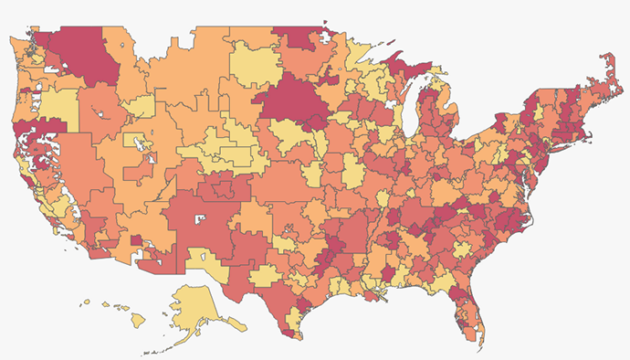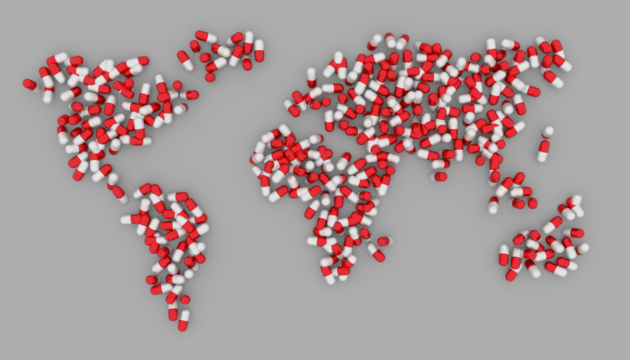Pressroom
-
Young People Treated in Pediatric Emergency Departments Less Likely to Receive Opioids Compared to Similar Patients Treated in General EDs
Since the 1990s, children, adolescents, and young adults have also experienced dramatic increases in exposure to and harms from prescription opioids.
Categorized in -
Newly Approved Cancer Drugs Are Pricey, But Also Show Improved Longer-Term Survival Gains, According to New Study
Do the clinical gains offered by these drugs in treating specific cancer indications justify the price increases? Schaeffer Center researchers Alice Chen and Dana Goldman explore how we might measure the value of these drugs.
Categorized in -
Most State Laws Aimed at Improving Drug Pricing Transparency Won’t Help, According to New Study
Less than 5 percent of state drug pricing laws passed between 2015 and 2018 will provide new information about pricing within the pharmaceutical distribution system.
Categorized in -
Vast Majority of Dementia Patients Don’t Receive Specialty Diagnosis and Care, Study Finds
Researchers found the use of dementia specialty care is particularly low for Hispanics and Asians.
-
Do Lower Readmissions at Penalized Hospitals Signify an Effective Policy or Simply a Statistical Anomaly?
A new analysis finds at least three quarters of the improvement in readmission rates by hospitals who had poor baseline performance was due to regression to the mean (i.e. statistical luck) rather than the policy.
Categorized in -
Novel Value Framework Finds Substantial Variation Across the US in Delivery of High-Value Care at Hospitals
Hospitals in Miami produced 13 percent fewer high-quality hospital stays than the U.S. average, while hospitals in Everett, Washington, a city 25 miles north of Seattle, perform over 20 percent better than average on value.
Categorized in -
Psychiatric Emergencies Account for Nearly One-in-Five Monetary Penalties Levied on Hospitals under Anti-Dumping Law
The proportion of settlements related to psychiatric emergencies has increased in recent years, suggesting the need for more resources to improve access and quality of care for patients with psychiatric emergencies.
Categorized in -
Cancer Drug Shortages Result in Almost no Treatment Changes, USC Study Finds
Jacobson and Alpert studied more than 2.4 million monthly claims for chemotherapy treatment and found little impact on outpatient chemotherapy treatment for the majority of oncology drugs identified as experiencing shortages between 2004 and 2011.
Categorized in -
Researchers Link Educational Attainment to Reduced Burden of Serious Mental Illness
A new USC Schaeffer Center study shows the return on investing in improving educational attainment for those diagnosed with serious mental illness by age twenty-five, projecting positive impacts on health and economic outcomes.
Categorized in -
American Drug Overdose Death Rates the Highest Among Wealthy Nations
Drug overdose mortality has reached unprecedented levels in the U.S., more than tripling over the past 20 years. Is this a uniquely American epidemic or are other high-income counties facing a similar crisis? RCMAR Scientist and USC Leonard Davis School Assistant Professor Jessica Ho looks at the data.









